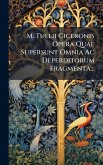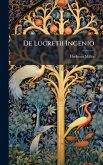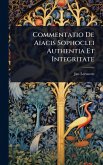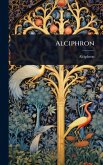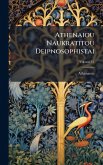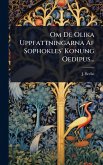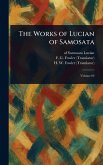This Latin treatise, "Commentatio de Pindaro dogmatis de migratione animarum cultore," explores the doctrines of metempsychosis as understood and employed by the ancient Greek poet Pindar. Eduard Luebbert delves into Pindar's works, examining how the concept of the transmigration of souls influenced his poetry and philosophical outlook. This study offers valuable insights into the religious and intellectual context of classical Greece, shedding light on the enduring themes of life, death, and rebirth as reflected in Pindar's verses. Luebbert's scholarly work remains relevant for students and researchers interested in classical literature, ancient philosophy, and the history of ideas. This work has been selected by scholars as being culturally important, and is part of the knowledge base of civilization as we know it. This work was reproduced from the original artifact, and remains as true to the original work as possible. Therefore, you will see the original copyright references, library stamps (as most of these works have been housed in our most important libraries around the world), and other notations in the work. This work is in the public domain in the United States of America, and possibly other nations. Within the United States, you may freely copy and distribute this work, as no entity (individual or corporate) has a copyright on the body of the work. As a reproduction of a historical artifact, this work may contain missing or blurred pages, poor pictures, errant marks, etc. Scholars believe, and we concur, that this work is important enough to be preserved, reproduced, and made generally available to the public. We appreciate your support of the preservation process, and thank you for being an important part of keeping this knowledge alive and relevant.
Bitte wählen Sie Ihr Anliegen aus.
Rechnungen
Retourenschein anfordern
Bestellstatus
Storno


